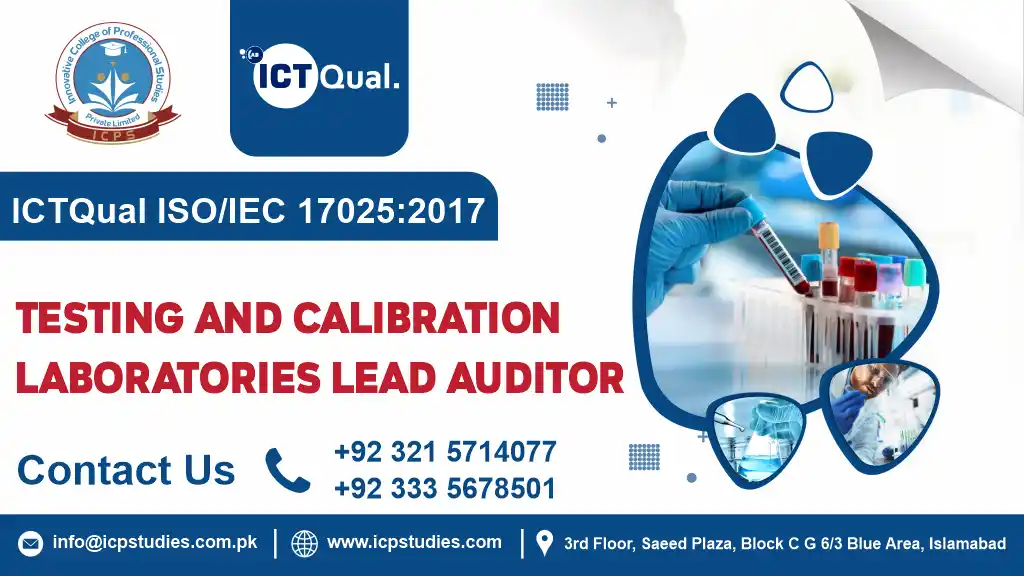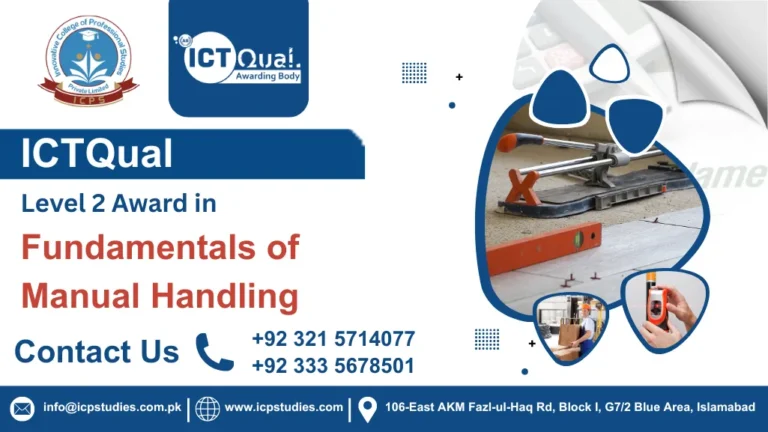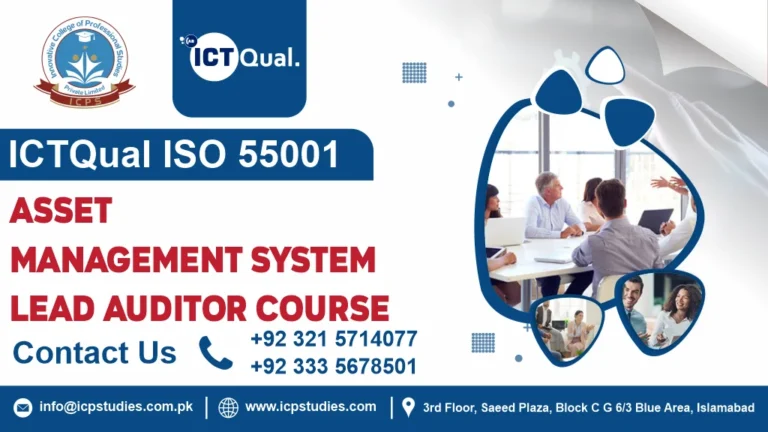In an era where precision and reliability in testing and calibration are critical to industrial and scientific advancements, the role of testing and calibration laboratories has never been more vital. The ISO/IEC 17025:2017 Lead Auditor Course is an essential training program designed for professionals who aspire to excel in auditing and managing testing and calibration laboratories to ensure they meet international standards. If you’re committed to enhancing laboratory quality and performance, this course provides the tools and knowledge necessary to become a proficient lead auditor.
ISO/IEC 17025:2017 is an international standard that specifies the general requirements for the competence of testing and calibration laboratories. It ensures that laboratories operate with the highest standards of accuracy, reliability, and quality in their testing and calibration processes. The 2017 revision of the standard emphasizes risk-based thinking, process approach, and integration with other management systems, reflecting the evolving needs of the industry.
The ISO/IEC 17025:2017 Lead Auditor Course is a crucial investment for professionals aiming to excel in the field of testing and calibration. It offers comprehensive training, practical skills, and internationally recognized certification, making it a valuable asset for advancing your career and improving laboratory practices. Enroll in this transformative course to gain the expertise needed to lead audits, ensure compliance, and drive continuous improvement in laboratory settings. Elevate your professional skills and make a meaningful impact in the world of testing and calibration with the ISO/IEC 17025:2017 Lead Auditor Course.
All About ICTQual ISO/IEC 17025:2017(en) Testing and Calibration Laboratories Lead Auditor
Course Overview
The ISO/IEC 17025:2017 Testing and Calibration Laboratories Lead Auditor is a specialized certification for professionals who are responsible for auditing and ensuring the compliance of testing and calibration laboratories with the ISO/IEC 17025:2017 standard. This role involves evaluating laboratory operations to verify that they meet international standards for quality, accuracy, and reliability in their testing and calibration processes.
ISO/IEC 17025:2017 Testing and Calibration Laboratories Lead Auditor certification is crucial for professionals who want to ensure high standards of quality and accuracy in laboratory testing and calibration processes. It provides the expertise needed to conduct effective audits, drive improvements, and support laboratories in meeting international standards.
Study Units
- Introduction to ISO/IEC 17025:2017 Standard
- Principles of Quality Management Systems in Laboratories
- Requirements for Competence of Personnel
- Equipment and Measurement Traceability
- Testing and Calibration Procedures
- Quality Assurance Practices
- Audit Planning and Preparation
- Conducting Audit Activities
The entry requirements for the ICTQual ISO/IEC 17025:2017 Testing and Calibration Laboratories Lead Auditor course typically include:
- Educational Background: A degree in a relevant field such as science, engineering, or quality management is preferred.
- Work Experience: Relevant experience in laboratory operations, quality assurance, or auditing, usually 3-5 years.
- Familiarity with ISO Standards: Basic knowledge of ISO/IEC 17025 and related standards is beneficial.
- Understanding of Laboratory Practices: Awareness of testing and calibration procedures, as well as relevant regulatory requirements.
- Audit Experience: Prior experience in conducting audits or assessments in a laboratory setting is often required.
- Analytical Skills: Ability to analyze laboratory processes and evaluate compliance with standards.
- Communication Skills: Strong verbal and written communication abilities to effectively engage with stakeholders during audits.
These requirements ensure that participants are well-equipped to lead audits of testing and calibration laboratories in accordance with ISO/IEC 17025:2017 standards.
- Laboratory Managers: Professionals responsible for overseeing laboratory operations and quality assurance.
- Quality Assurance Auditors: Individuals focused on assessing compliance with quality standards in testing and calibration laboratories.
- Laboratory Technicians and Scientists: Those involved in testing and calibration who wish to understand audit processes and standards better.
- Consultants: Experts advising laboratories on implementing ISO/IEC 17025:2017 and improving quality management practices.
- Regulatory Compliance Officers: Individuals ensuring laboratories meet relevant regulatory requirements and standards.
- Internal Auditors: Professionals conducting internal audits within laboratory environments to ensure compliance and improve processes.
- Project Managers: Individuals overseeing projects in laboratories who need to ensure alignment with quality and testing standards.
This course equips participants with the skills and knowledge necessary to effectively audit and assess testing and calibration laboratories according to ISO/IEC 17025:2017 standards.
Learning Outcome
Introduction to ISO/IEC 17025:2017 Standard
Learning Outcomes:
- Understand the Scope: Explain the purpose and scope of the ISO/IEC 17025:2017 standard and its relevance to testing and calibration laboratories.
- Identify Key Changes: Describe the key updates and changes from previous versions of the standard, including the new requirements and emphasis on risk management and process approaches.
- Interpret Standard Requirements: Demonstrate the ability to interpret the requirements of ISO/IEC 17025:2017 and their application in laboratory settings.
2. Principles of Quality Management Systems in Laboratories
Learning Outcomes:
- Understand Quality Management Concepts: Explain the fundamental principles of quality management systems (QMS) and their importance in laboratory operations.
- Implement QMS Practices: Describe how to implement QMS practices to ensure laboratory processes are consistent, reliable, and meet ISO/IEC 17025:2017 requirements.
- Assess QMS Effectiveness: Evaluate the effectiveness of a laboratory’s QMS and identify opportunities for improvement.
3. Requirements for Competence of Personnel
Learning Outcomes:
- Identify Competency Requirements: Understand the requirements for personnel competence as outlined in ISO/IEC 17025:2017, including qualifications, training, and experience.
- Assess Personnel Competence: Develop skills to assess the competence of laboratory personnel and ensure they meet the necessary standards for their roles.
- Promote Continuous Development: Implement strategies to ensure ongoing professional development and competency maintenance for laboratory staff.
4. Equipment and Measurement Traceability
Learning Outcomes:
- Understand Equipment Requirements: Describe the requirements for equipment used in testing and calibration, including calibration, maintenance, and validation.
- Ensure Measurement Traceability: Explain the concept of measurement traceability and how to establish and maintain it to ensure accurate and reliable results.
- Evaluate Equipment Management: Assess the effectiveness of equipment management practices and traceability procedures within a laboratory.
5. Testing and Calibration Procedures
Learning Outcomes:
- Develop Procedures: Create and document standardized testing and calibration procedures that comply with ISO/IEC 17025:2017 requirements.
- Evaluate Procedure Effectiveness: Assess the effectiveness and accuracy of testing and calibration procedures in achieving reliable results.
- Implement Best Practices: Apply best practices for testing and calibration to enhance the quality and reliability of laboratory results.
6. Quality Assurance Practices
Learning Outcomes:
- Understand Quality Assurance: Explain the principles of quality assurance and its role in ensuring the accuracy and reliability of laboratory results.
- Implement QA Practices: Develop and implement quality assurance practices, including internal audits, proficiency testing, and corrective actions.
- Monitor QA Performance: Evaluate the performance of quality assurance practices and identify areas for improvement.
7. Audit Planning and Preparation
Learning Outcomes:
- Develop Audit Plans: Create comprehensive audit plans that outline the scope, objectives, and methodology for auditing a laboratory’s compliance with ISO/IEC 17025:2017.
- Prepare for Audits: Organize resources, schedule audit activities, and prepare necessary documentation to ensure a smooth and effective audit process.
- Identify Audit Criteria: Determine the criteria and indicators to be used during the audit to assess compliance with the standard.
8. Conducting Audit Activities
Learning Outcomes:
- Execute Audits: Conduct audits according to the established plan, using appropriate methodologies to assess laboratory practices and compliance with ISO/IEC 17025:2017.
- Collect and Analyze Evidence: Gather and analyze evidence during the audit to evaluate the effectiveness and compliance of laboratory processes.
- Document and Report Findings: Prepare detailed audit reports, document findings, and communicate results to stakeholders effectively, including recommendations for corrective actions.
These learning outcomes are designed to ensure that participants gain a comprehensive understanding of the ISO/IEC 17025:2017 standard, develop the necessary skills for effective auditing, and are able to contribute to the continuous improvement of testing and calibration laboratories.
FAQs about ICTQual ISO/IEC 17025:2017(en) Testing and Calibration Laboratories Lead Auditor







